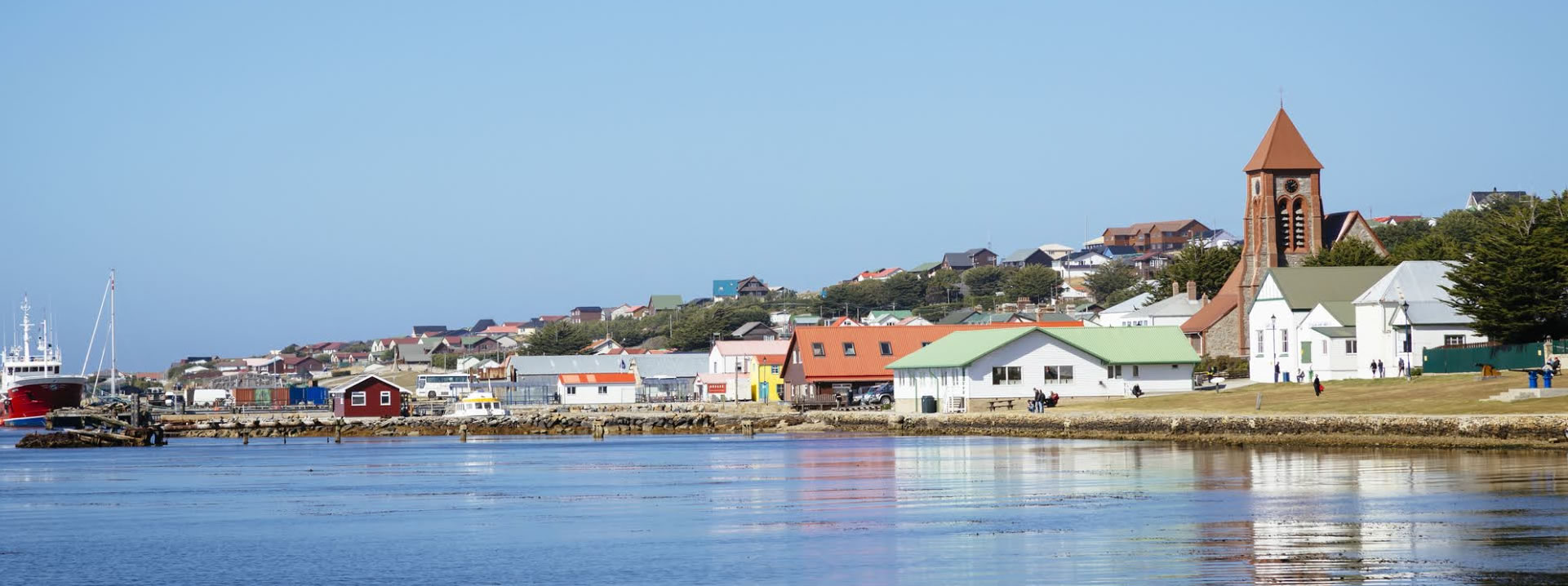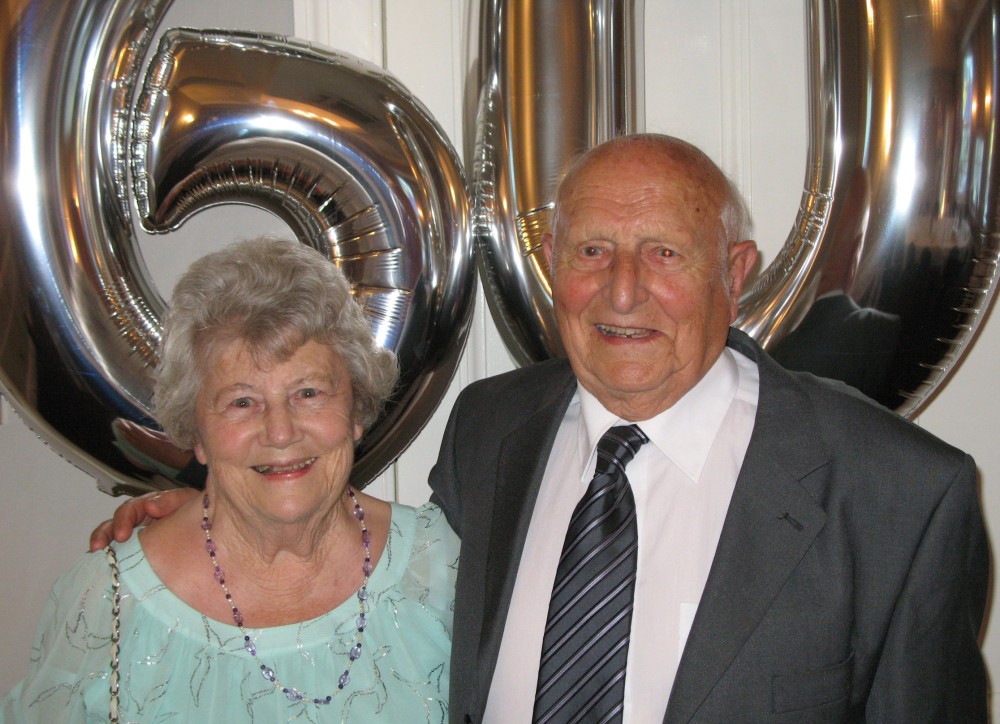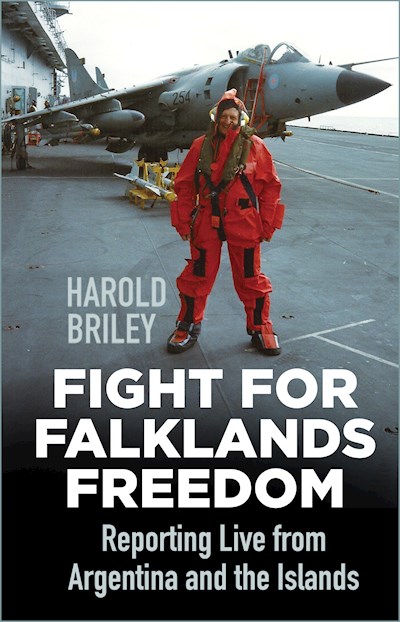Harold Briley OBE 1931 – 2023
Tributes have been pouring in for Harold Briley, who passed away on 26 June 2023, surrounded by his family, after a long battle with cancer, which he bore bravely.
Born in 1931, Harold Briley spent his first years in Anfield, a poor area of Liverpool. In 1939, like other children then, he was evacuated to rural Wales, before returning to Liverpool for two years. But he then experienced the heavy bombing of Liverpool; once being blown out of bed and across the room by a German parachute bomb. So in 1941, he was evacuated again, this time to the Isle of Man.
In 1942, he won a scholarship to Douglas High School. He worked before school on a horse-drawn milk delivery cart and after school cleaned offices to help the kind people with whom he was living.
From 1948 to 1953 he was an apprentice reporter on the Isle of Man Times and a verbatim shorthand reporter in the Isle of Man Parliament.
He did his National Service in the Royal Artillery, as a surveyor and forward observer on the Hong Kong border facing the Chinese communist army, before returning to the Isle of Man.
In 1954, he became a reporter for the Manchester City News. Then from 1954 to 1960, he worked for the Liverpool Post and Echo, reporting on crime, shipping, and politics.
BBC Correspondent
In 1960, Harold began a 30 year long career with the BBC. He worked first as a News Editor, Political Correspondent, and Foreign, War and Defence Correspondent, filing hundreds of reports from about 70 countries.
As a lobby correspondent, he wrote the BBC’s “Today in Parliament” and national news bulletins for six years. He was the first-ever Political Correspondent for BBC World Service.
In 1971, he was assigned to India and Pakistan where he covered the Bangladesh War and many other Indian stories. In 1973, he became the BBC United Nations Correspondent in New York. In 1977, he became the BBC East Europe Correspondent. In 1979, he covered the Iranian Revolution, which at times put him in serious personal danger.
Latin America Correspondent
From 1979-1983, Harold was the BBC’s Latin America Correspondent, which took him initially to cover the Nicaragua Sandinista Revolution. He was based in Buenos Aires. From there he covered the “Dirty War” in Argentina, reporting for three years on the Argentine military dictatorship’s atrocities against those who opposed it. This resulted in many threats from Argentine government thugs. He also covered the repression in Chile under the Pinochet regime.
His posting to Latin America also allowed him to visit the Falklands for the first time, which he did in 1981. He actually landed then in the Bay of San Carlos where British forces landed fifteen months later to liberate the Falklands.
In April 1982, he was the first to break the news internationally of the Argentine invasion. He then covered the entire war. He provided accurate reports that broadcast over the BBC World Service gave great comfort and hope to Falkland Islanders then under Argentine occupation. He had to send his family to safety in Rio de Janeiro, because of the war.
After the war, he interviewed, or met, many of the leading military and political figures on both sides including Margaret Thatcher, who he accompanied to the Falklands, and Governor Rex Hunt. He also interviewed General Menendez (Malvinas Military Governor), and Admiral Lombardo, who had updated an earlier Argentine invasion plan.
Retirement from the BBC
Harold returned to Britain in 1983. Amongst other tasks, he became Defence Correspondent for the BBC until his retirement in 1990, when he settled in the town of Battle, in Sussex. He became an honorary life member of the National Union of Journalists. He was awarded the OBE for services to journalism and broadcasting.
Falkland Islands Association (FIA)
In 1993, Harold began twelve years as the co-editor of the Falkland Islands Newsletter. This allowed him to interview government ministers, an Argentine ambassador, and many others. He was also on the FIA Executive Committee and became an Honorary Life Member.
Harold was a Founder Member of the Shackleton Scholarship Fund and was on its committee from 1996-2014. This is the fund set up in memory of Antarctic explorer, Sir Ernest Shackleton, and his son Lord Shackleton, which provides scholarships for researchers interested in the Falklands and Antarctica.
Mercopress
Harold also acted from 2000 to 2014 as the British correspondent for the Latin America News Agency Mercopress, which is based in Montevideo and covers Falklands-related stories.
Charities and Other Activities
Harold was involved in many other aspects of journalism. He was press officer for the 1995 British-Nicaragua Trans-Isthmus Hovercraft Expedition.
He took a keen interest in the Royal National Lifeboat Institution, the famous lifeboat service, founded by Sir William Hillary, to whom there is a monument in Douglas, Isle of Man. He researched the history of the RNLI in detail for a book that he sadly never had the chance to complete.
Harold was a voluntary information adviser to various charities for some 25 years, particularly the Royal National Institute of Blind People – he suffered from macular degeneration himself. He also advised the allied charity SIGHTSAVERS (Royal Commonwealth Society for the Blind) for which he was a Trustee and PR Council Member for 25 years.
He was an advisor to “FAITH AND HOPE” and LATIN LINK: which worked throughout South & Central America, with young Britons.
For ten years, he advised the AMAR International Charitable Foundation (Assisting Marsh Arabs & other Refugees). He was the Press Officer to founder Baroness Nicholson of Winterbourne and her adviser as MP and MEP.
Lectures:
He lectured at the Nigeria Institute of Journalists, Lagos (about the Leader, Commonwealth Journalists’ Association Political Course) covering the switch from military to civilian rule. He also lectured at the Civil Service College; Royal College of Defence Studies; Greenwich Naval & Camberley Army Colleges; BBC Trainees; and at several Falklands-related conferences.
The Fight for Falklands Freedom
In 2022, just a year before his death, Harold published his book The Fight for Falklands Freedom, which covered the 1982 war, and the attempts by the Foreign Office to sell Falkland Islanders out in shady deals with Argentina in the years leading up to the Falklands War.
Honor in the Falklands – Harold Briley Park
In 2022, the Falklands Government honored Harold by naming a recreational park after him on top of Sapper Hill which overlooks Stanley.
Family
Harold is survived by his wife Norah who he met in the Isle of Man after he was evacuated from Liverpool during the 2nd World War. They have two children Heather and Kevin.
Falklands Testimonials
In addition to the many messages of thanks and praise received since the news of his death became public, many others already existed. Some of these are below:
Telegram to BBC Director General, 1982
FROM: Harold Rowlands, most senior Government official during the Falklands 1982 occupation:
“Throughout the period of the Falklands crisis, there was continuous praise here for the BBC Services. The BBC was the only reliable news media to inform us what was taking place in the Islands and the South Atlantic“.
“Reception was good and we wish to thank producers, announcers, technicians, and other contributors for their magnificent coverage. A special word of thanks to Harold Briley for keeping us informed of events in Argentina. There is no doubt he was outstanding. Finally many thanks to all who participated in producing ‘Calling the Falklands’”
Signed: Harold Rowlands,
Treasurer, Falkland Islands Government.
Sir Rex Hunt, Falkland Islands Governor in 1982 invasion: “Harold Briley in Argentina and Sir Anthony Parsons (British Ambassador) at the UN were the two most comforting and reassuring voices to the Falklands in the 1982 crisis. He did a terrific job keeping up morale. After the conflict, the Falkland Islands expressed their appreciation with a huge banner outside the Government House saying “God bless you Harold” (p 346, Rex Hunt’s Autobiography “My Falkland Days”.)
Lord Shackleton, former Labour Minister, and author of Falkland Islands Economic Review: “Harold Briley is one of the best and wisest correspondents – very sound on the Falklands”.
Admiral of the Fleet Lord Lewin (Chief of Defence Staff 1982): “To our man in Buenos Aires. Thank you for keeping our end up”.
General Sir Peter de la Billiere, Commander of SAS in the Falklands War (Vice President of the Falkland Islands Association): “My thanks to Harold Briley from all of us in the Services for his support and perceptive reporting”.
Lord Carrington, former Defence & Foreign Secretary & NATO Secretary General: “I had a long association with Harold Briley over many years in every corner of the world. In all his dealings with me, he has been one of the best correspondents I have ever met and the most scrupulously honest and considerate, assiduous, well-informed, objective, and efficient. In good times and bad, we never had a bad word”.
Lord Callaghan, former Prime Minister: “We have listened to Harold Briley’s voice on the BBC with great respect. Lord (Tom) King (former Defence and Northern Ireland Secretary): “Harold Briley has been a very good companion, a friendly and informative Defence Correspondent, serious and interested. Our hostages in Iraq and Kuwait in 1990 told me of the debt they owed the BBC World Service and the part Harold Briley played in keeping a lifeline open to them”.
Sir John Tusa, former Managing Director of BBC World Service: “Harold Briley’s Falklands coverage was one of the most extended pieces of sustained stamina of any correspondent on any story. His determination to find out and get to the story has been extraordinary and admirable”.
David Witherow, former Editor, of BBC World Service: “Harold Briley did a wonderful job as BBC World Service’s first Political Correspondent, explaining the working of the British Parliament to the world and a wonderful job for the BBC, tremendously hard-working”.
From Falkland Islands Committee Stanley, 3 October 1982. To Harold Briley
“Sir,
Your Newsletters were a source of great comfort to us in our darkest days during the Argentine occupation. As a token of our deep appreciation, this committee would be highly honoured if you would accept a position of Honorary Membership of this Committee.
Yours sincerely,
Velma Malcolm, Honorary Secretary”
From Falkland Islands Club, (“The Gluepot”) Stanley, 19 October 1982
To Harold Briley (BBC London)
“This presentation (of an inscribed Royal Navy Shell) is made to you by the members of the Falklands Club in appreciation of your heartening reports from Buenos Aires during the Falklands Conflict from 2nd April to 14th June 1982. The fact that you operated in the heart of enemy territory at considerable risk to your safety impressed us immensely. It was indeed a courageous effort which did a lot to boost the morale of Falklanders during that very trying and dangerous period. We, Sir, will never forget you.
(Signed) John Bound, Chairman”.
The inscription on the navy shell reads: “Presented to Harold Briley (BBC) by the Falklands Club, Stanley, in appreciation of his excellent reporting from enemy territory during the Falklands conflict, 1982”.
As the Club’s only International Honorary Life Member, Harold was entitled to a free drink for life 24 hours a day, and he was presented with the front-door key!
Obituary by Peter Pepper, London





